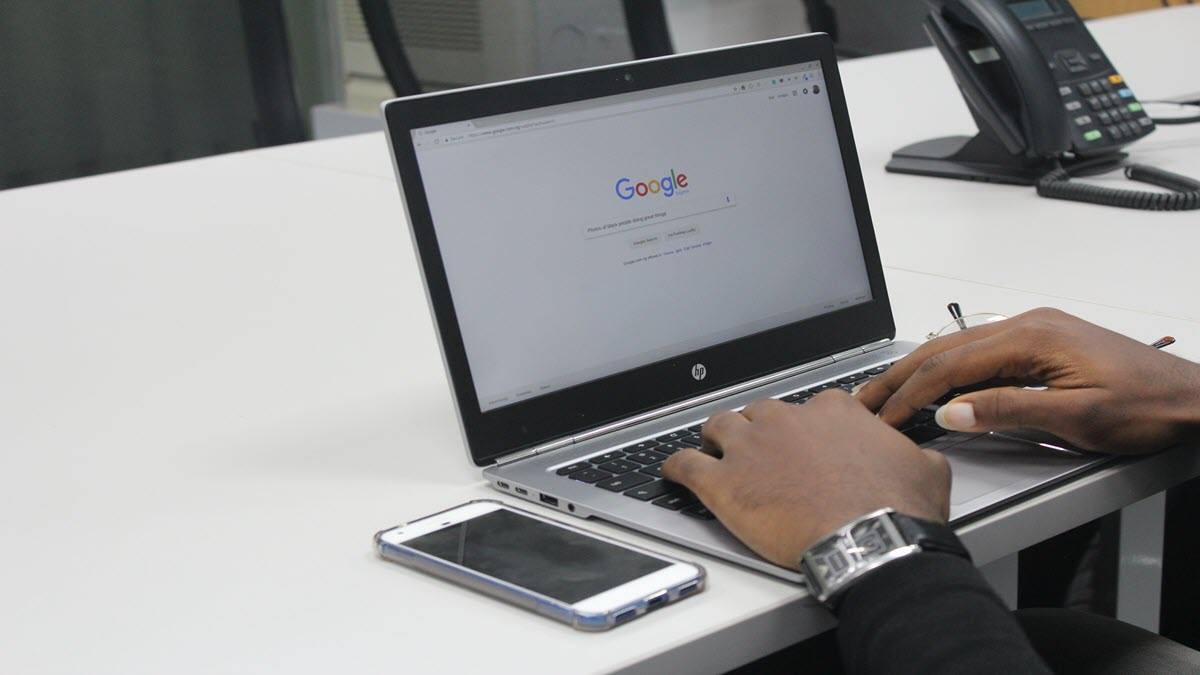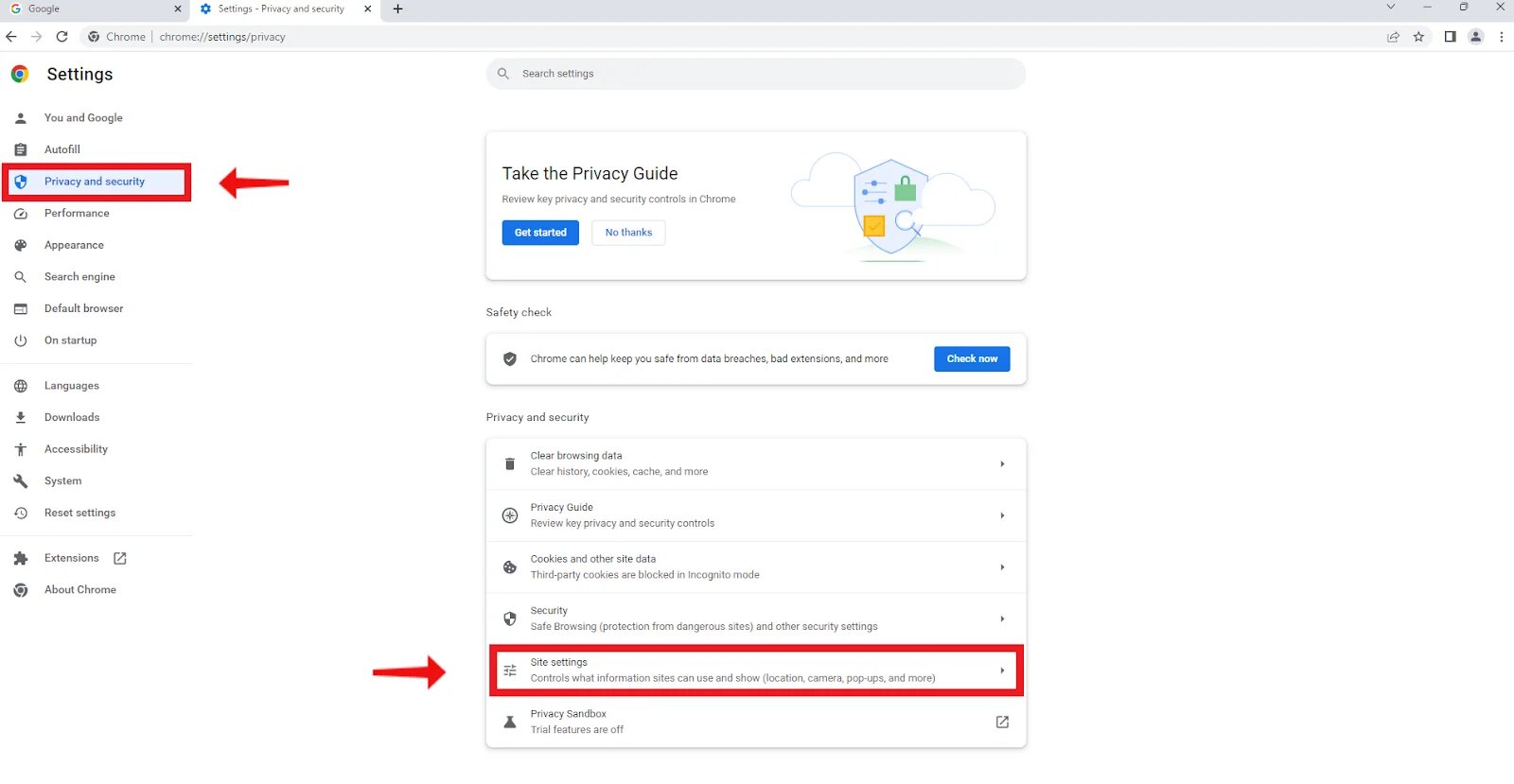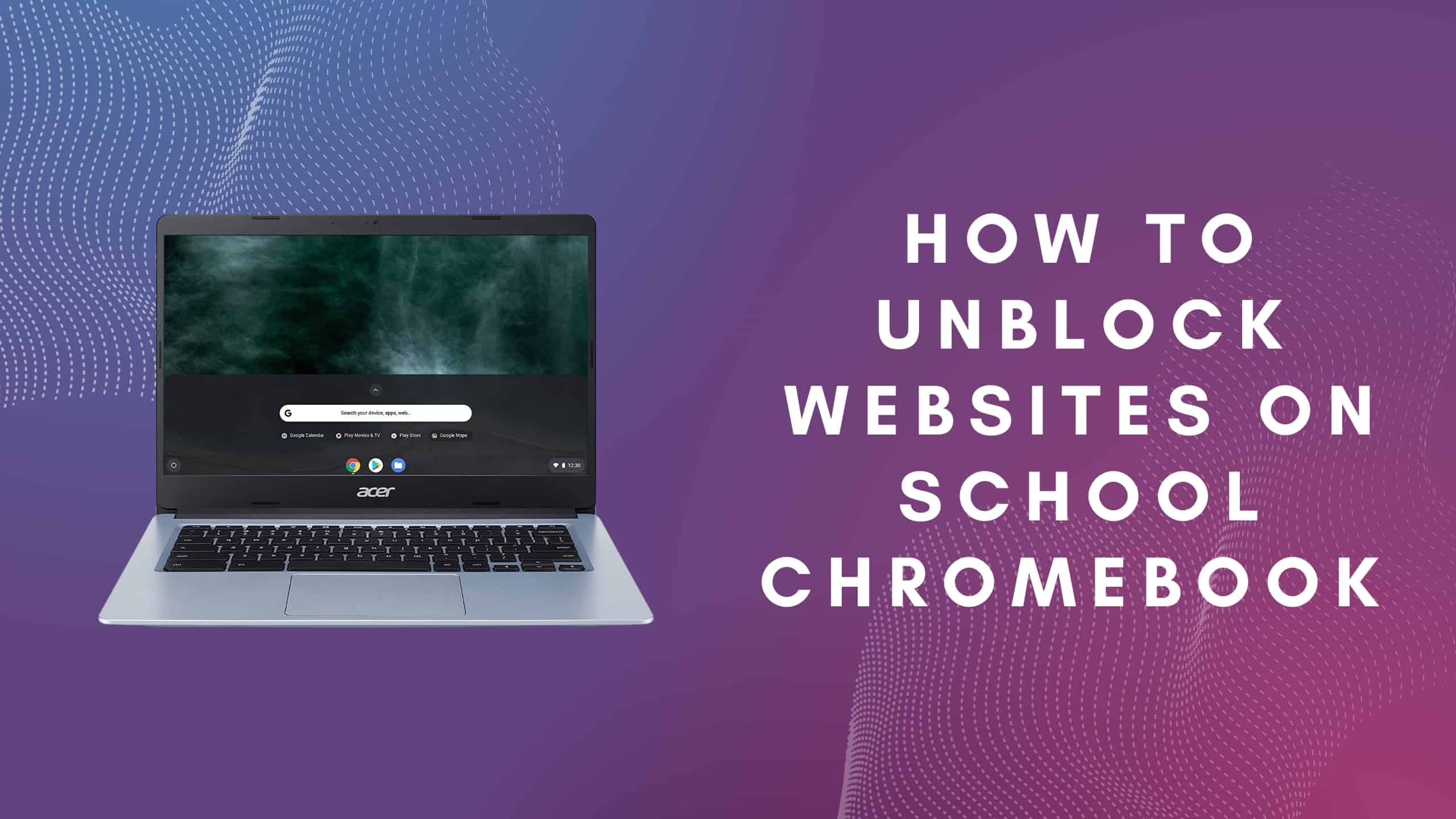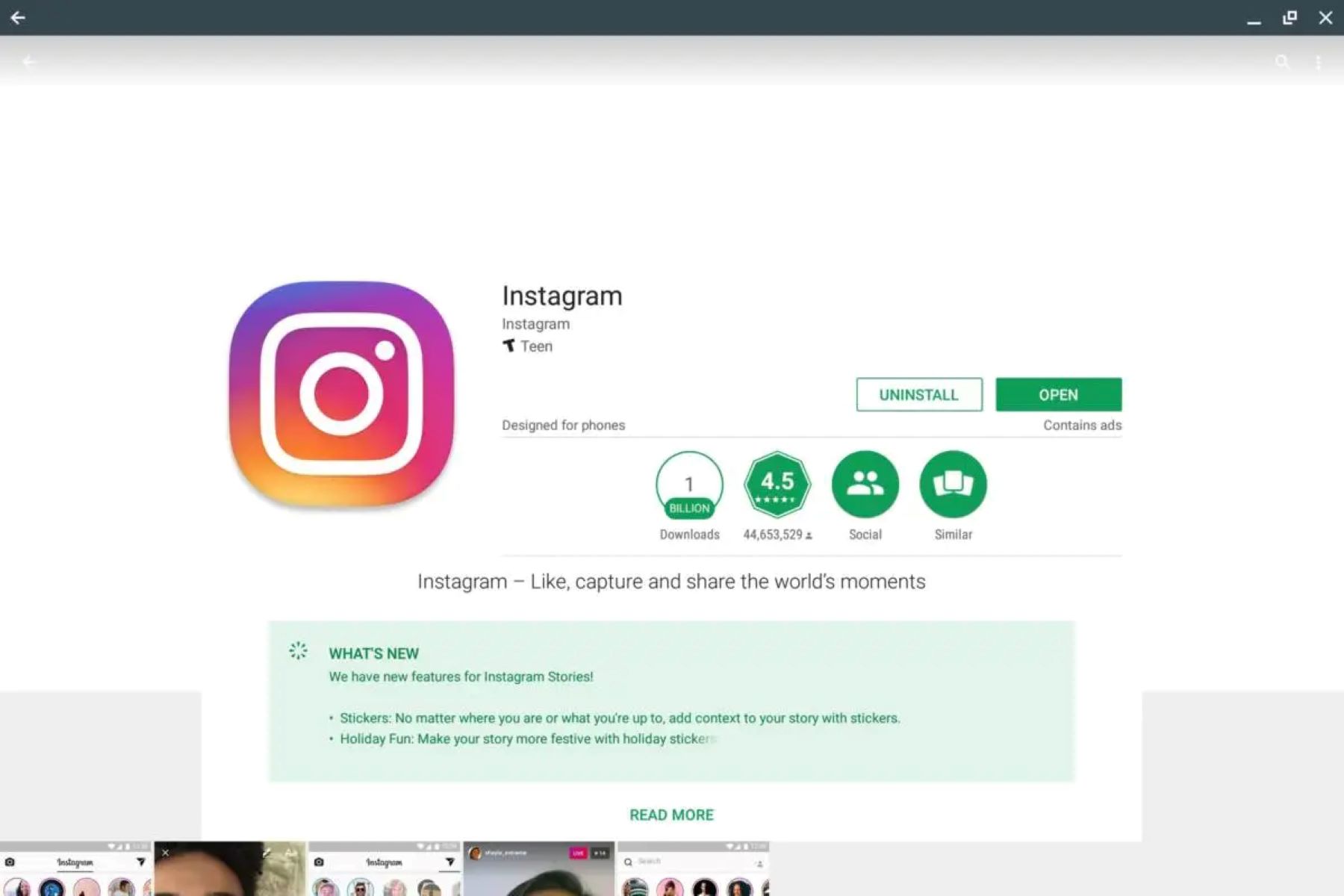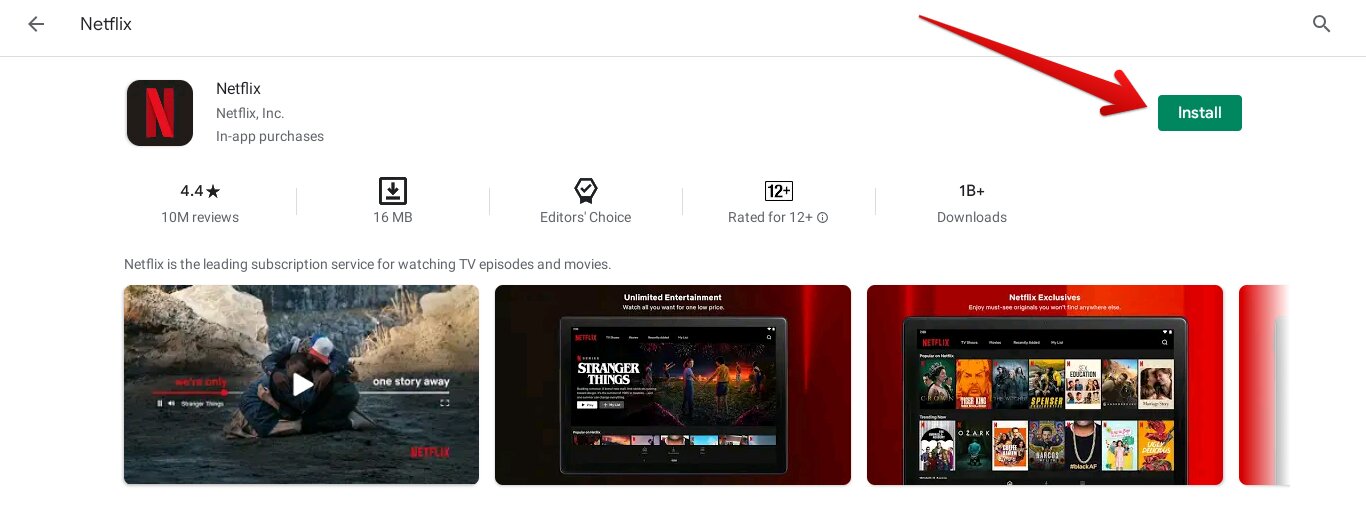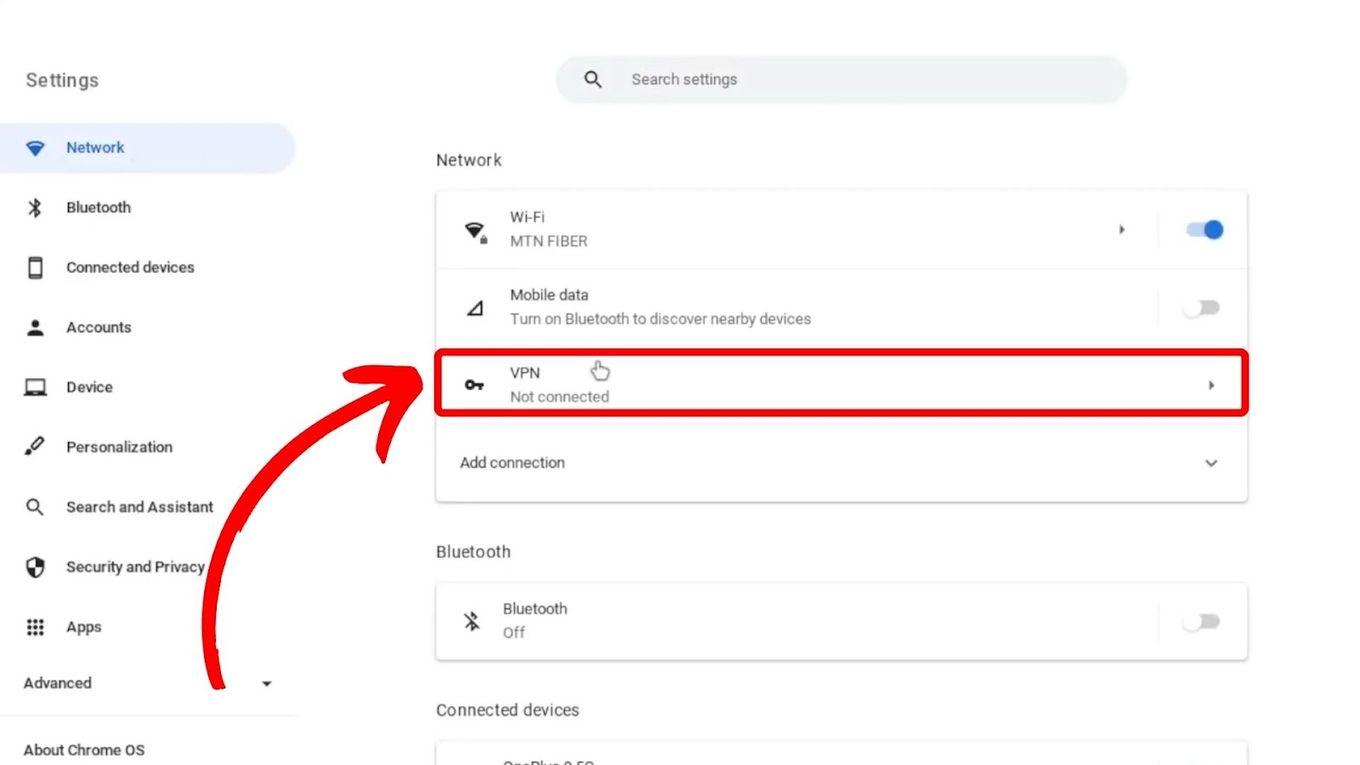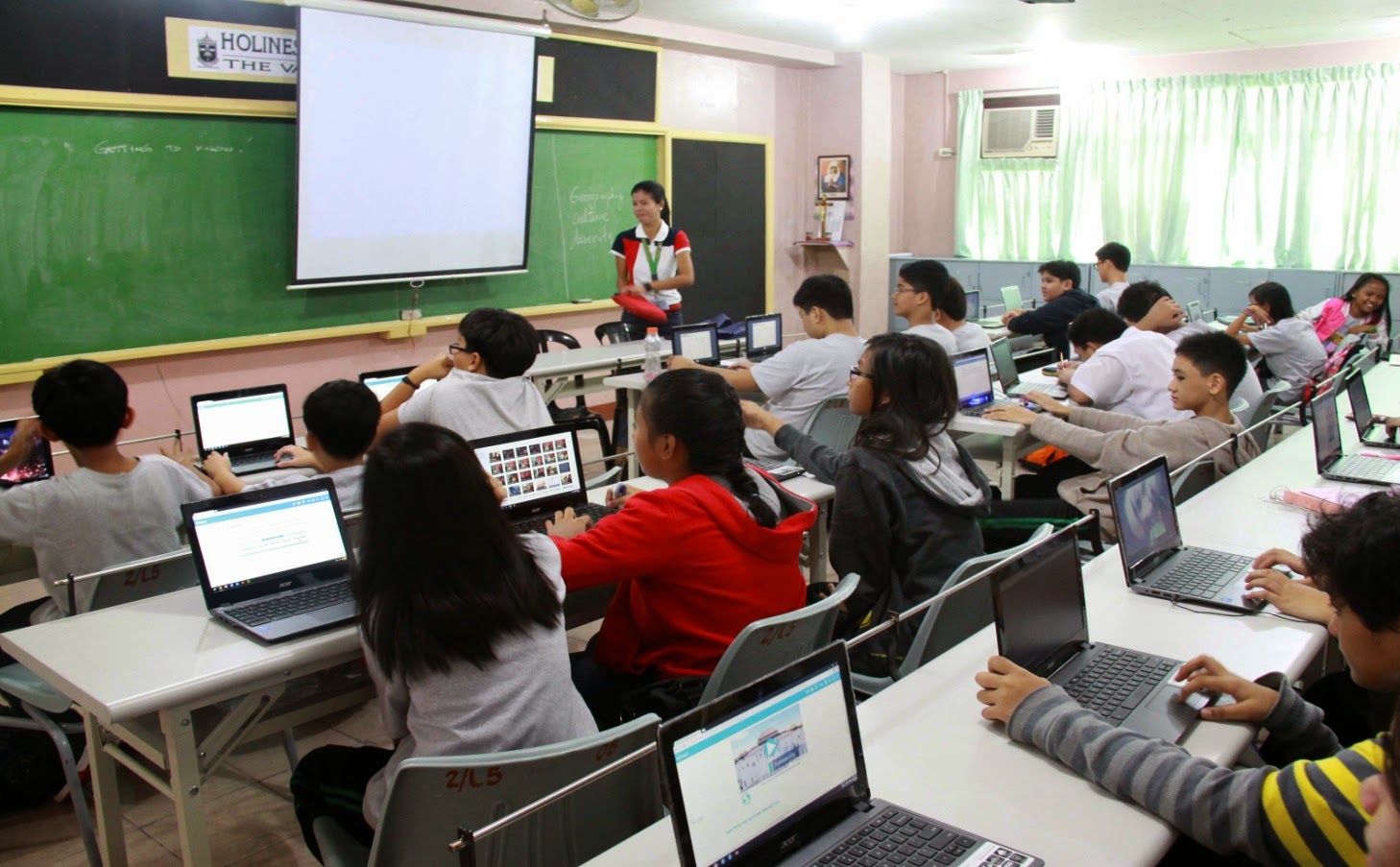Introduction
Are you tired of encountering the frustrating message "This website is blocked" when trying to access your favorite websites at school? Many educational institutions impose strict restrictions on internet usage, preventing students from visiting certain websites deemed inappropriate or distracting. While these restrictions serve a valid purpose in maintaining a focused learning environment, they can also hinder access to valuable resources and entertainment during free time.
Fortunately, there are ways to bypass these restrictions and unblock websites on the Chrome browser, providing students with the freedom to access the content they need and enjoy. In this article, we will explore various methods to unblock websites at school specifically on the Chrome browser. Whether you're looking to access educational resources, social media platforms, or entertainment websites, these techniques will empower you to navigate the digital landscape more freely within the confines of your school's internet restrictions.
By understanding the underlying reasons for website restrictions and exploring effective solutions, you can gain valuable insights into navigating internet limitations while maintaining a respectful and responsible approach to online activities. Let's delve into the strategies that can help you reclaim access to the websites you need and want to visit, even within the confines of your school's internet policies.
Understanding School Website Restrictions
Schools often implement website restrictions to maintain a secure and focused learning environment for students. These restrictions are designed to prevent access to websites that may be deemed inappropriate, distracting, or potentially harmful. Commonly blocked websites include social media platforms, online gaming sites, and certain entertainment portals. By limiting access to these websites, educational institutions aim to minimize distractions and safeguard students from exposure to unsuitable content during school hours.
The rationale behind these restrictions is rooted in the school's duty to provide a conducive learning environment while ensuring the safety and well-being of students. By controlling internet access, schools can mitigate the risks associated with unrestricted browsing, such as exposure to explicit content, cyberbullying, or online predators. Additionally, restricting access to non-educational websites encourages students to focus on academic tasks and discourages excessive non-academic internet usage during school hours.
While the intention behind these restrictions is to foster a productive and secure learning environment, they can also pose challenges for students who require access to specific websites for educational purposes or those seeking harmless recreational activities during designated break times. As such, it becomes essential for students to explore legitimate methods to bypass these restrictions without compromising the school's internet policies or the integrity of the learning environment.
Understanding the reasons behind school website restrictions can help students approach the issue with a balanced perspective. By acknowledging the school's responsibility to maintain a safe and focused learning environment, students can seek alternative methods to access necessary resources and entertainment without undermining the school's policies. This understanding forms the foundation for exploring effective and responsible ways to unblock websites on the Chrome browser within the school environment.
By recognizing the rationale behind website restrictions, students can navigate the process of unblocking websites with a sense of respect for the school's guidelines and a commitment to responsible internet usage. This awareness sets the stage for exploring the practical methods that enable students to access valuable online content while upholding the principles of digital responsibility within the school setting.
Using Proxy Websites
When faced with website restrictions at school, utilizing proxy websites can be a viable solution to bypass these limitations and gain access to blocked content. Proxy websites act as intermediaries between the user and the restricted website, effectively masking the user's IP address and allowing them to circumvent the school's internet filters.
To use a proxy website, students can simply navigate to the proxy site's URL and enter the desired website's address into the provided search bar. Upon submission, the proxy server fetches the requested website and relays the content back to the user, effectively bypassing the school's restrictions. This process enables students to access blocked websites while appearing to be connected to the proxy server rather than the restricted site, thus evading the school's website filters.
It is important to note that while proxy websites offer a straightforward method to unblock content, they may come with certain drawbacks. Some proxy sites may be unreliable or slow, leading to a subpar browsing experience. Additionally, the use of proxy websites may raise security concerns, as the user's data could potentially be intercepted or compromised by the proxy server.
Despite these potential drawbacks, proxy websites remain a popular choice for students seeking to bypass website restrictions at school. By leveraging proxy servers, students can access educational resources, social media platforms, and entertainment websites that are otherwise inaccessible within the school's network.
It is essential for students to exercise caution and discretion when using proxy websites, ensuring that they prioritize their online security and privacy. Additionally, students should be mindful of the school's acceptable use policies and adhere to responsible internet usage practices while utilizing proxy servers to unblock websites on the Chrome browser.
In summary, proxy websites offer a practical and accessible means for students to circumvent website restrictions at school and access blocked content. By understanding the functionality and potential limitations of proxy servers, students can make informed decisions regarding their use, enabling them to navigate the school's internet restrictions while upholding principles of digital responsibility.
Using VPN Services
When confronted with website restrictions at school, employing Virtual Private Network (VPN) services can serve as an effective method to bypass these limitations and gain unrestricted access to blocked content. A VPN creates a secure and encrypted connection between the user's device and the VPN server, effectively masking the user's IP address and encrypting their internet traffic. This encryption ensures that the user's online activities, including website visits, remain private and inaccessible to third parties, including the school's network filters.
To utilize a VPN service, students can install a reputable VPN application on their devices, such as laptops, tablets, or smartphones, and connect to a VPN server of their choice. Once connected, the VPN establishes a secure tunnel through which the user's internet traffic is routed, effectively bypassing the school's website restrictions. By connecting to a VPN server located outside the school's network, students can access blocked websites without being subject to the school's internet filters.
It is important to note that while VPN services offer a reliable and secure method to unblock websites, students should exercise caution in selecting a reputable VPN provider. Opting for well-established VPN services with strong privacy policies and robust encryption protocols can help safeguard the user's online privacy and security. Additionally, students should be mindful of any applicable laws or regulations regarding VPN usage within their school environment.
Furthermore, VPN services provide additional benefits beyond unblocking websites, including enhanced online privacy, protection against potential cyber threats, and the ability to access geo-restricted content. By encrypting their internet traffic, students can mitigate the risks associated with unsecured public Wi-Fi networks and protect their sensitive data from unauthorized access.
In summary, VPN services offer a reliable and secure means for students to bypass website restrictions at school and access blocked content on the Chrome browser. By understanding the functionality and benefits of VPNs, students can make informed decisions regarding their usage, enabling them to navigate the school's internet restrictions while prioritizing their online privacy and security.
Using Chrome Extensions
Chrome extensions provide a convenient and user-friendly approach to unblocking websites at school on the Chrome browser. These extensions are specially designed to enhance the functionality of the browser, offering a diverse range of features including website unblocking, privacy protection, and content customization.
One of the key advantages of using Chrome extensions to unblock websites at school is the seamless integration with the browser interface. Students can easily browse the Chrome Web Store to discover a variety of extensions tailored to bypassing website restrictions. These extensions often come with intuitive interfaces and straightforward installation processes, making them accessible to users with varying levels of technical expertise.
When selecting Chrome extensions for unblocking websites, students can explore options that specifically cater to bypassing internet filters and accessing restricted content. Popular extensions in this category may include VPN extensions, proxy extensions, or specialized unblockers designed to circumvent website restrictions. By installing these extensions, students can effectively bypass the school's internet filters and access blocked websites directly through the Chrome browser.
Furthermore, Chrome extensions offer additional functionalities beyond website unblocking, such as ad-blocking, malware protection, and privacy enhancements. This multifaceted approach allows students to not only unblock websites but also safeguard their online activities and personalize their browsing experience according to their preferences.
It is important for students to exercise caution when selecting and installing Chrome extensions, ensuring that they opt for reputable and well-reviewed extensions from trusted developers. By prioritizing extensions with positive user feedback and a demonstrated commitment to user privacy and security, students can mitigate the risks associated with potentially unreliable or malicious extensions.
Additionally, students should be mindful of the school's acceptable use policies and adhere to responsible internet usage practices when utilizing Chrome extensions to unblock websites. Respecting the school's guidelines while leveraging these tools demonstrates a conscientious approach to navigating website restrictions and upholding digital responsibility within the school environment.
In summary, Chrome extensions offer a user-friendly and versatile solution for students seeking to unblock websites at school on the Chrome browser. By exploring reputable extensions tailored to bypassing website restrictions and prioritizing user privacy and security, students can effectively navigate internet limitations while enhancing their browsing experience within the school's network.
Conclusion
In conclusion, navigating website restrictions at school while using the Chrome browser can be a challenging yet surmountable endeavor for students. The implementation of website restrictions by educational institutions serves a valid purpose in maintaining a secure and focused learning environment. However, these restrictions can inadvertently hinder access to valuable resources and harmless recreational content, prompting students to seek alternative methods to unblock websites without compromising the integrity of the school's internet policies.
By exploring the methods outlined in this article, students can gain valuable insights into navigating website restrictions responsibly and effectively. Proxy websites offer a straightforward means to bypass restrictions, allowing students to access blocked content by leveraging intermediary servers. While proxy websites provide accessibility, students should exercise caution to ensure their online security and privacy.
Virtual Private Network (VPN) services present a robust and secure approach to bypassing website restrictions, offering encrypted connections that shield users' online activities from network filters. By connecting to VPN servers, students can access blocked websites while prioritizing their online privacy and security. Selecting reputable VPN providers is crucial to ensuring a reliable and secure browsing experience.
Chrome extensions emerge as a user-friendly and versatile solution for unblocking websites on the Chrome browser. These extensions not only facilitate website unblocking but also offer additional functionalities such as ad-blocking and privacy enhancements. Students should carefully select and install reputable extensions to mitigate potential security risks and uphold responsible internet usage practices.
In navigating website restrictions at school, it is essential for students to approach the process with a sense of respect for the school's guidelines and a commitment to digital responsibility. By understanding the rationale behind website restrictions and exploring legitimate methods to bypass these limitations, students can reclaim access to valuable online content while upholding the principles of responsible internet usage within the school environment.
Ultimately, the methods discussed in this article empower students to navigate website restrictions at school while using the Chrome browser, enabling them to access necessary resources and harmless recreational content within the confines of the school's internet policies. By approaching website unblocking with a balanced perspective and a commitment to digital responsibility, students can effectively navigate internet limitations while fostering a respectful and secure learning environment.







